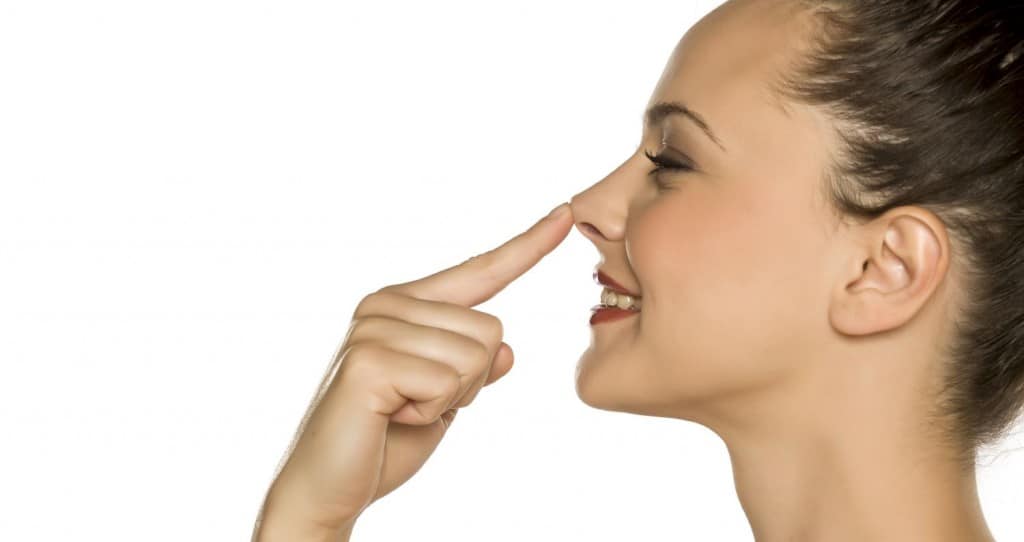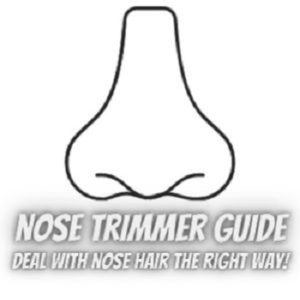
Nose hair doesn’t affect breathing. After a certain age nose hairs can grow faster and longer. Longer nose hair sometimes can not remove the dust from it. It may be gathered in nose hair. In that case, it can block your breathing a bit. You need to cut the nose hair to improve your breathing.
Nose hair is a gift of nature, it protects us from the unwanted dirt and harmful pollutants. A common question that is often asked is does trimming nose hair help breathing?
Normally it doesn’t resist the air to enter into the system but in some cases, it can be hazardous.
Let’s find out the answer to the question.
Can nose hair affect breathing?
No, hose hairs does not affect your breathing, or at least any problems that can arise due to it, such as allergies or infections. They do, however, make breathing easier. What I mean is that they assist you in breathing safe, fresh air. The air we breathe must be free of germs, dust, and any infection-causing microorganisms that may be present.
Cilia, or shorter hairs in the nose, are present as we inhale air. The cilia travel back and forth, causing dangerous particles such as dust, germs, and pathogens to move around. The cilia transfer the harmful particles out of the nose by sneezing or into the pharynx by swallowing. The pharynx ultimately contributes to the stomach, where foreign or dust particles are deposited.
Can too much nose hair affect breathing?
Yes, having overgrowth of nose hairs can have a negative impact on you breathing.However, nose hairs in general will not effect your breathing. Breathing issues are more often times come from some possible medical issue or sickness. Believe it or not most medical experts can not for certain explain the existence of nostril hairs
Does removing nose hair help breathing?
Yes, the removal of over grown nose hairs can help to improve breathing. However, it’s important to understanding having nose hairs is critical to your health. While nose hairs are not the cause of your breathing problems or allergies, they provide you with clean air to breathe and are thus an essential part of your body. Keep in mind that we should never thoroughly remove our nose hairs, and we should avoid cutting them too short because they would be unable to perform their work properly, which can affect our breathing

How do you deal with excessive nose hair?
We can all admit long hanging nose hair is annoying and sometimes can decrease the beauty of your face and can be unattractive. Here are some recommendations you can take to remove any excessive nose hair growth :
1. Nose Hair Trimmer
If you feel that it looks odd and you can not breathe well, you can shorten the hair using the trimmer(for the nose hair) or scissors. Don’t try to remove it completely. Because it is a natural filter that is essential for you.
2. Cutting Nose Hair
Using a small set of nose scissors will allow you to manage any overgrown hairs, while limiting the risk of plucking or pulling the hairs. Doing this will give you better air flow and overall comfort in your breathing.
3. Laser Hair Removal
Laser treatment is an expensive but good option for hair removal. It also can harm the mucous membrane. But proper laser treatment can give you a good solution. Make sure the dermatologist is certified. The process makes nose hair less noticeable. You should consult your doctor before starting laser treatment.

What do nose hairs do?
When we think of nose fur, we imagine an annoyance that we must get rid of every few weeks. As I should point out, this is not recommended, but we’ll get to that later. Let’s talk about the function of nose hairs for the time being.
The first line of defense
Our immune system’s first line of protection is nosed hairs. Without it, all of the toxic chemicals in the air would be inhaled, resulting in long-term conditions such as asthma. Therefore, it has been proposed that we should keep our nose hair thick but not excessively so, to trap infectious organisms and protect ourselves from infection.
It works as a filter.
Nose hairs serve as a filter and are part of our defensive mechanism. This filter aids in the purification of the air we breathe regularly. Dust, germs, bacteria, and everything else in the air that you may be allergic to are trapped by nose fur. Ear hairs behave similarly.
The hairs on your nose often shield your skin from the elements, such as sunlight and rain. Since the skin on your nose is so delicate, it needs extra protection.
Humidifies the air
Another essential feature of nose hairs is to add moisture to the air we breathe. How does it do this? The nose hairs will pull up mucus, which keeps the nose moist. The mucus in our lungs provides the requisite moisture to the air we inhale. When we exhale, the mucus absorbs the moisture and reuses it when we inhale again. This is a continuous mechanism that is essential for the proper functioning of the respiratory system.
Why is it so vital to breathe moist air?
You’re probably wondering why we still need moistened air. The response to that question is that as our nose adds moisture to the air we inhale, it warms and moistens it. As a result, the number of water vapors in the air as it enters the lungs increases. All of this contributes to the lungs’ proper functioning and protection against drying out.
Why shouldn’t we get rid of all of our nose hairs?
True, if you have dense nose hairs, you can use the best nose hair trimmer you can afford to keep them under control. However, there is a set of rules to follow.
Many physicians warn against plucking our nose hairs at all. So, what gives? By trapping germs, infections, and dust particles in the hairs and mucus, nose hairs serve as a first line of protection, protecting you from germs, infections, and dust particles. However, who will perform the job of absolutely removing our nose hairs? Infections and allergies will become a problem for us. As a result, it is suggested that we only use trimmers to remove clear hairs, leaving the rest to do their job.
Conclusion:
We can conclude that for most of the cases nose hair doesn’t create any problem. Growing hair only hamper the beauty of the nose and face. For genetic reasons, some people may feel it hazardous for them. They should shorten it for their betterment for a healthy breath.

